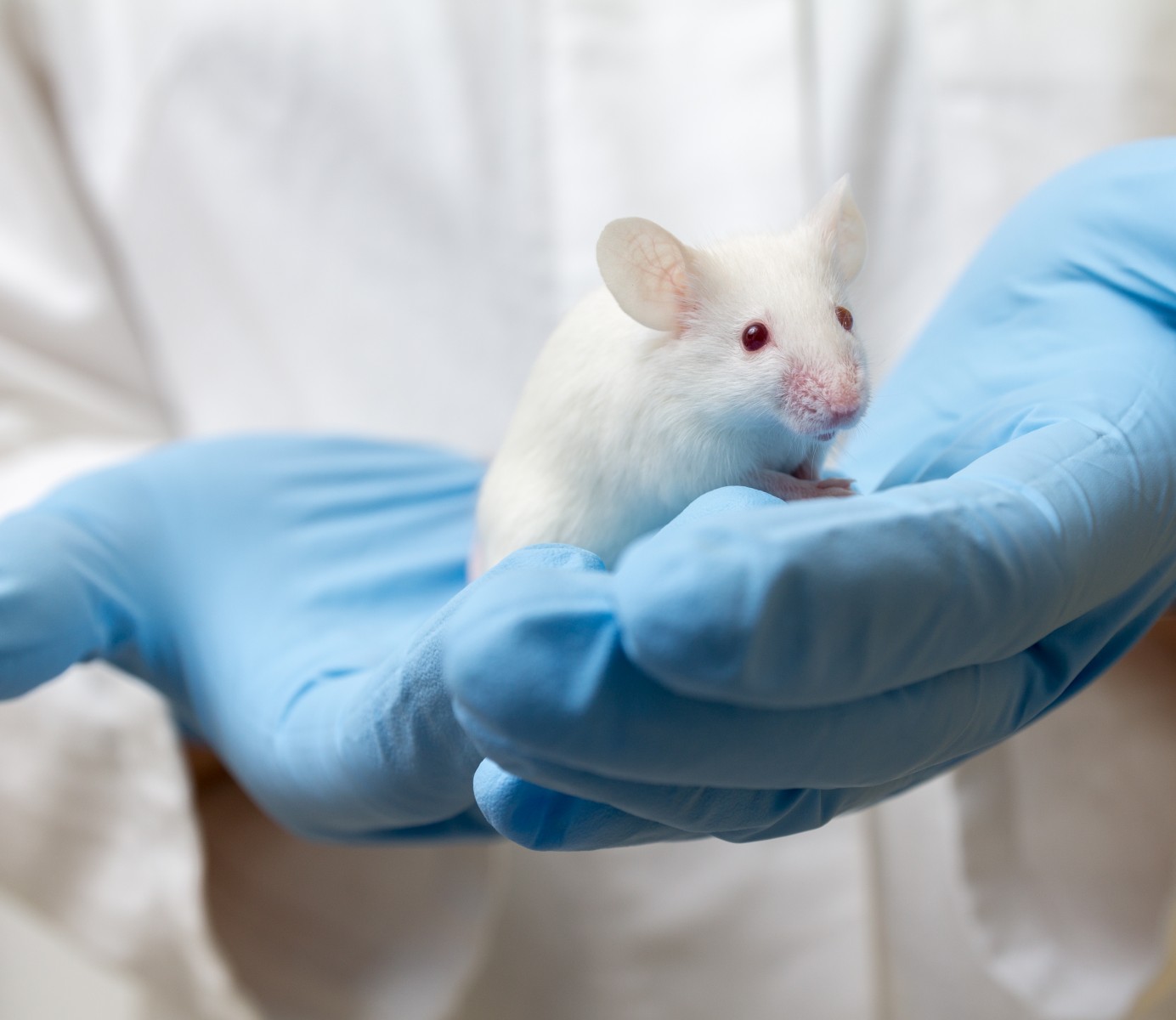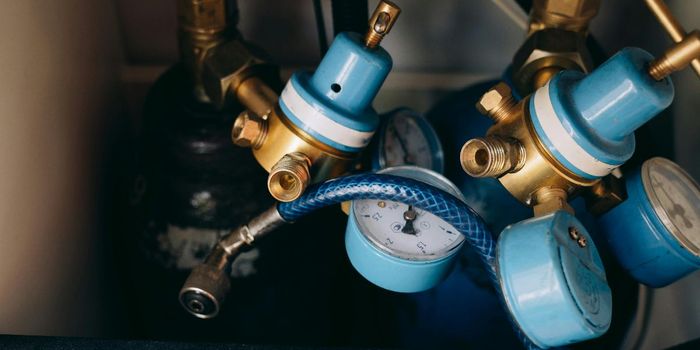The Role of Estrogen Therapy in Gut Bacteria
A recent research study on mouse models found that periodic treatment of estrogen and bazeedoxifene has affected estrogen metabolism and altered the microbial composition in the gut.

The study, which was published in the journal Scientific Reports and led by food science and human nutrition professor Zeynep Madak-Erdogan of the University of Illinois, examined the enzyme B-glucuronidase (GUS) found to have a pivotal role in synthetic estrogen metabolism of the intestinal tract. The research particularly finds that changing gut chemistry could be an effective method for long-term safe use of estrogen supplementation for postmenopausal women and breast cancer patients.
"Our findings indicate that clinicians might be able to manipulate the gut biome through probiotics to change the half-life and properties of estrogens so that long-term users obtain the therapeutic benefits of estrogen-replacement therapy without increasing their risks of reproductive cancers," says Madak-Erdogan.
Although the research needs to be replicated in humans, the study brings new answers into estrogen-replacement therapeutics on the longevity of microbial gene expression. The study also suggests how these findings can provide deeper insights on to why various patients physiologically respond differently to hormone therapy.

The study examined 40 female mice who were fed a high fat diet and had there ovaries removed to mimic estrogen-deficient physiology associated with postmenopausal women. The mice were categorized into five treatment groups that were treated with various estrogens that administered separately or in combination with the estrogen-receptor drug bazedoxifene. Investigators later isolated genomic DNA from the mice to examine gene transcription. They also examined the microbiotas of their cecum’s.
"We observed that both levels of fecal GUS activity and glucuronic acid -- a byproduct of estrogen metabolism -- decreased after the mice were treated with conjugated estrogens and bazedoxifene," Madak-Erdogan said. "This supported our hypothesis that estrogen supplementation affects the gut microbiome composition and estrogen metabolism.
"While the overall diversity of microbiota was not changed significantly, we found that the activities of several bacteria taxa were altered by the estrogen therapy," Madak-Erdogan said. "The levels of several bacteria associated with GUS activity in the gut decreased, including levels of akkermansia," a family of bacteria believed to have anti-inflammatory properties in humans.
Results showed that the fecal levels of akkermansia were reduced in mice treated with the estrogen-bazedoxifene combination compared with other mice paled in the control group. However, mice with increased levels of akkermansia, have gained weight, had larger livers and the icnreasced resence of estrogen metabolites.
Researchers also found two particular bacterial families that were dominate in the fecal microbiota: lactobacillus and streptococcus.
Source: University of Illinois at Urbana-Champaign








